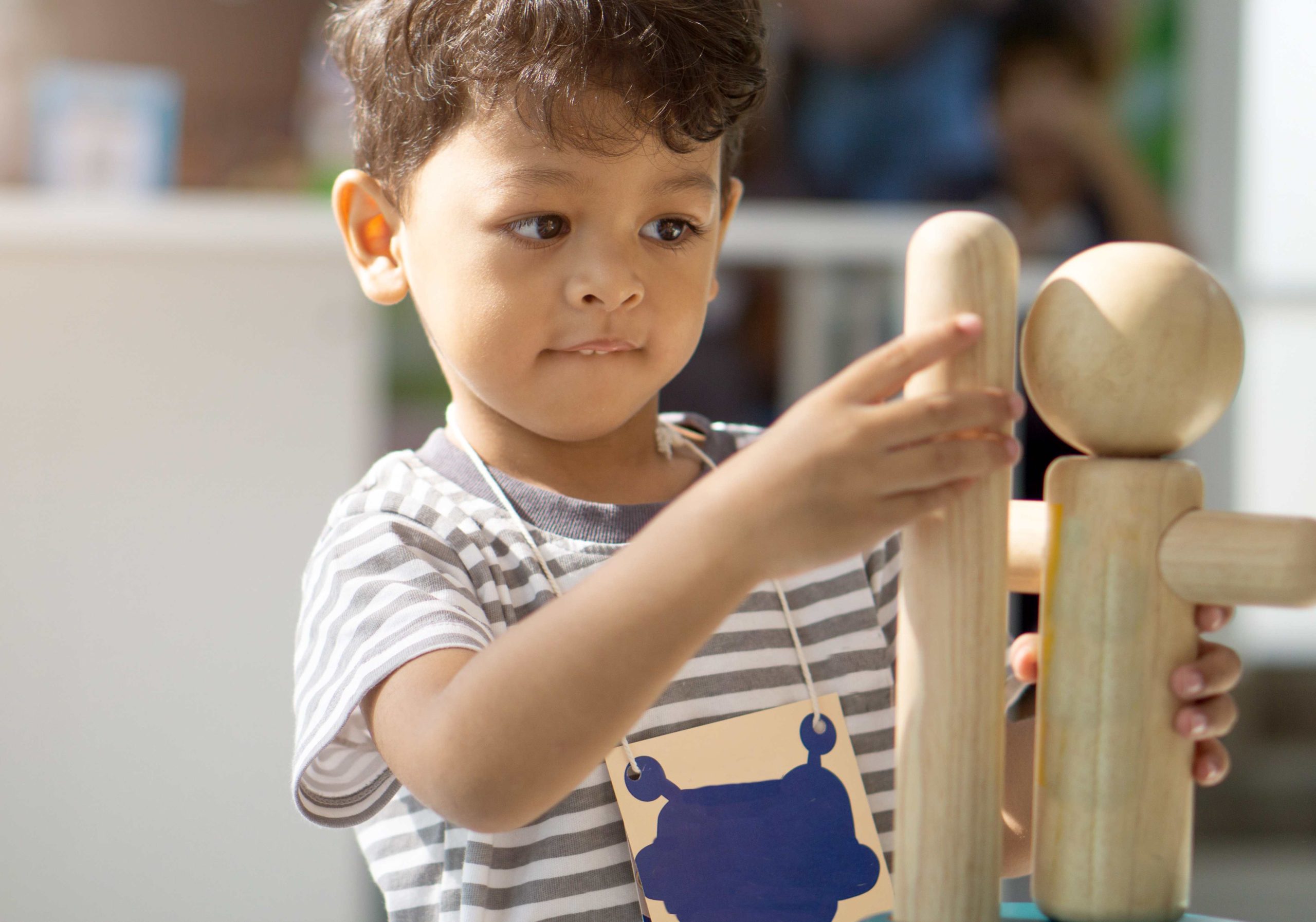
Nurturing Preschoolers: Building Strong Foundations for Lifelong Success
Introduction:
The preschool years are a critical period in a child’s development. During this time, preschoolers undergo significant physical, cognitive, social, and emotional growth. Nurturing preschoolers in a supportive and caring environment is paramount to fostering their well-being and laying the groundwork for their future success. In this article, we will explore the various aspects of preschooler nurturing and the vital role it plays in shaping their lives.
Emotional Nurturing:
Preschoolers’ emotional well-being sets the foundation for their overall development. Here are key aspects of emotional nurturing:
Social Nurturing:
Preschoolers are developing their social skills and forming relationships with peers and adults. Here are important aspects of social nurturing:
Cognitive Nurturing:
Preschoolers’ cognitive development lays the foundation for their future learning abilities. Here are key aspects of cognitive nurturing:
Physical Nurturing:
Preschoolers’ physical development and well-being are essential for their overall health. Here are important aspects of physical nurturing:
Nurturing the Imagination:
Preschoolers have vivid imaginations and a natural inclination towards creativity. Here are important aspects of nurturing their imagination:
Nurturing Independence and Self-Help Skills:
Fostering independence and self-help skills in preschoolers is essential for their development and future success. Here are key aspects of nurturing independence:
Encouraging Curiosity and Exploration:
Preschoolers have an innate curiosity about the world around them. Nurturing their curiosity and providing opportunities for exploration is vital for their cognitive and intellectual growth. Here are important aspects of encouraging curiosity and exploration:
Building Positive Relationships and Communication:
Nurturing positive relationships and effective communication skills in preschoolers lays the foundation for their social development and emotional well-being. Here are important aspects of building positive relationships and communication:
Emotional Resilience and Coping Skills:
Helping preschoolers develop emotional resilience and coping skills equips them with tools to navigate challenges and setbacks. Here are important aspects of nurturing emotional resilience:
Cultivating a Love for Learning:
Nurturing preschoolers’ love for learning is essential for their lifelong educational journey. Here are important aspects of cultivating a love for learning:
Encouraging a Growth Mindset:
Instilling a growth mindset in preschoolers is crucial for their development. Emphasize the importance of effort, perseverance, and the belief that abilities can be developed through practice and learning. Encourage preschoolers to embrace challenges, view mistakes as opportunities for growth, and celebrate their progress.
Fostering a Sense of Belonging:
Creating a sense of belonging is essential for preschoolers’ social and emotional well-being. Ensure that preschoolers feel included, valued, and accepted within their family, peer group, and educational environment. Promote a culture of respect, kindness, and empathy, where preschoolers feel safe to express themselves authentically.
Outdoor Exploration and Nature Connection:
Expose preschoolers to the wonders of nature and encourage outdoor exploration. Nature provides endless opportunities for learning, creativity, and sensory experiences. Take preschoolers on nature walks, engage in outdoor play, and teach them about the environment and the importance of caring for the natural world.
Cultivating Empathy and Compassion:
Nurturing preschoolers’ ability to empathize and show compassion towards others is vital for their social development. Teach them to recognize and understand different perspectives, demonstrate kindness towards others, and engage in acts of generosity. Encourage them to practice empathy by considering how their actions may impact others.
Mindful Practices:
Introduce preschoolers to mindfulness practices that help them develop self-awareness, emotional regulation, and a sense of calm. Teach them simple breathing exercises, guided imagery, and mindfulness activities tailored to their age and developmental stage. These practices can enhance their focus, reduce stress, and promote overall well-being.
Cultural Awareness and Diversity:
Exposing preschoolers to diverse cultures, traditions, and perspectives nurtures their understanding and appreciation of the world’s rich diversity. Incorporate multicultural experiences into their learning by exploring different foods, celebrations, music, and stories from around the globe. Encourage respect and curiosity about other cultures, fostering a sense of global citizenship.
Partnering with Families:
Collaborating with families is crucial for effective preschooler nurturing. Maintain open lines of communication, sharing insights and observations about preschoolers’ progress and well-being. Involve families in their children’s learning journey, providing resources and suggestions for extending learning experiences at home. By working together, we can create a cohesive and supportive environment for preschoolers.
Continuous Professional Development:
As educators and caregivers, it is essential to engage in continuous professional development to stay updated with best practices in preschooler nurturing. Attend workshops, conferences, and training sessions that focus on early childhood development and learning. Stay informed about the latest research and evidence-based strategies to enhance your ability to support preschoolers effectively.
Reflective Practice:
Engage in reflective practice to evaluate your interactions, strategies, and approaches to preschooler nurturing. Regularly reflect on your experiences, noting what works well and areas for improvement. Seek feedback from colleagues, parents, and even preschoolers themselves to gain different perspectives and refine your nurturing practices.
Celebrating the Journey:
Preschooler nurturing is an ongoing process that requires patience, flexibility, and adaptability. Celebrate the small victories and milestones along the way. Recognize the progress preschoolers make, the skills they acquire, and the positive impact they have on others. Celebrate their uniqueness and the joy they bring to our lives.
In conclusion, nurturing preschoolers encompasses a wide range of aspects that promote their holistic development. By providing a nurturing environment, fostering independence, encouraging curiosity, building positive relationships, nurturing emotional resilience, cultivating a love for learning, and incorporating the aforementioned strategies, we can create a foundation for preschoolers to thrive and become confident, compassionate, and lifelong learners. Let us embrace the privilege of nurturing preschoolers, shaping their futures, and empowering them to make a positive impact on the world.


